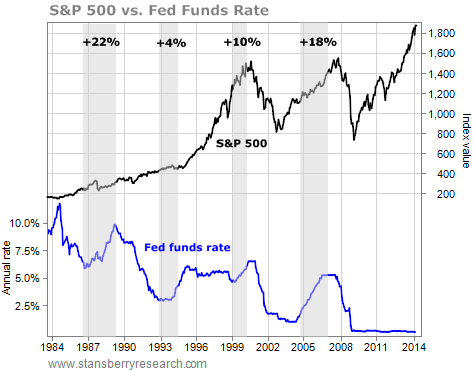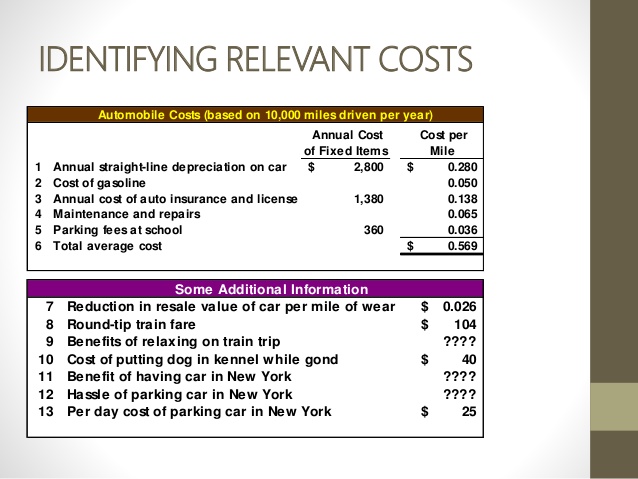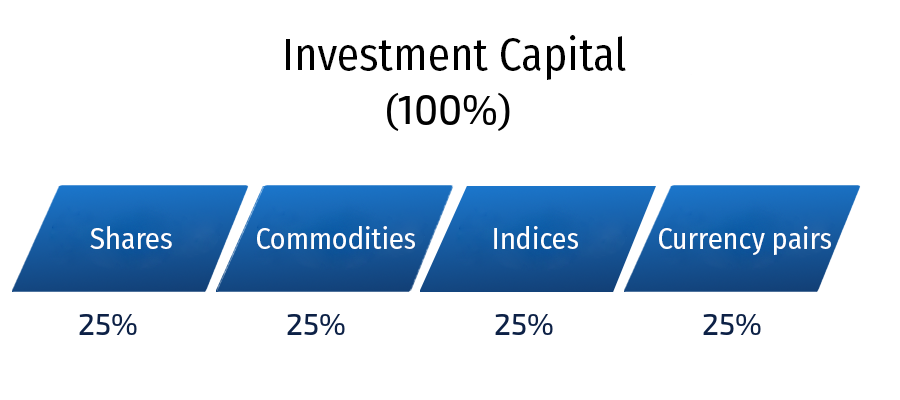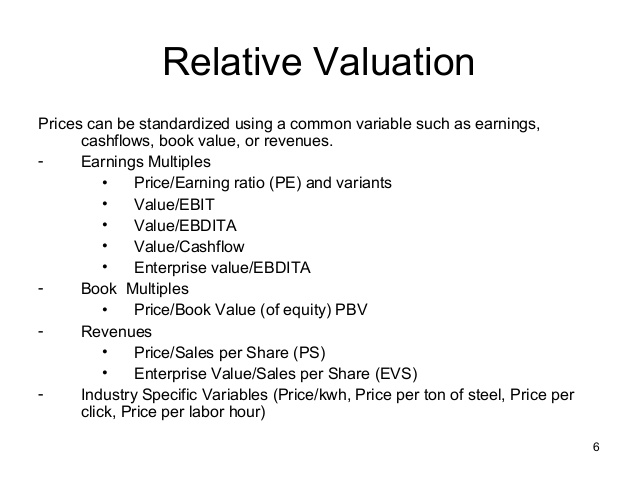Contents:


If you are an external auditor, you will most likely have a job at a public accounting firm, and you will need to have a CPA license, plus a college degree, and often a master’s degree. As a business leader, you should have a good idea of which professionals best suit the needs of your company. As such, it’s important to know whether you need a bookkeeper or an accountant to keep track of your affairs. That may be tough since the roles and responsibilities may intertwine. As an accountant, you must pay attention to figures and financial details, but it is more essential to possess sharp logic skills and big-picture problem-solving abilities. While bookkeepers make sure the small pieces fit correctly into place, accountants use those small pieces to draw much more significant and broader conclusions about a company’s finances.
Hence, he may be directed or required to botkeeper reports from the bookkeeping data for different intervals. CFO’s and CPA’s work closely together; they need each other’s skills sets. But if someone is focused on being up to date on the thousands of tax laws out there, are they able to forecast cash flow, do a cost-benefit analysis for an acquisition, or handle a refinance?
Ardent Studios undergoes renovation, staff changes: What we know – Commercial Appeal
Ardent Studios undergoes renovation, staff changes: What we know.
Posted: Mon, 20 Mar 2023 07:00:00 GMT [source]
A bookkeeper is skilled at keeping documents and tracks a wide net of financial information. Bookkeepers who are interested in switching jobs but do not have a college degree might consider becoming an EA after a stint with the IRS. This job doesn’t require a college degree, only five years of tax experience with the IRS.
What does an accountant do?
Bad data being entered to accounts mean that the resulting reports analyzed and interpreted by leadership will not be accurate. A system of check and balances must be in place to ensure that accounts are reviewed and reconciled monthly. A Berkeley analysis of controllers between 2013 and 2015 estimated that the average controller works 170 hours per month, or a little less than 43 hours a week.

They should also be set up in a way that grants you, the owner, and maximum control over your venture. Outsourcing your bookkeeping services is an option that can provide you with more flexibility and security — and less hassle. At SLC Bookkeeping, you can receive help with a set of services that are customized to your business. If you need help setting up secure accounts payable and payroll procedures, for example, we can help. If you need help reconciling your books or you need certain kinds of reports, such as profit and loss statements, at certain times of the week, month, or year, we can help with that as well. In terms of qualifications, a CFO needs to possess a thorough understanding of accounting functions along with significant training in overall financial management and strategy.
Bookkeeper vs Controller
If the chart of accounts is set up incorrectly, small mistakes can snowball into larger issues down the road. This may influence which products we review and write about , but it in no way affects our recommendations or advice, which are grounded in thousands of hours of research. Our partners cannot pay us to guarantee favorable reviews of their products or services. If you are proficient and comfortable using mathematics and computing figures, plus punctual, organized, and detail-oriented, it is not hard to learn how to be a bookkeeper. Of course, a background in accounting practices will help you ride out a learning curve as a new bookkeeper.
- For example, note which software you want a candidate to be familiar with–including general programs that your office uses.
- Below is a sample bookkeeper job description that you can customize to meet the needs of your business.
- If the business deviates significantly from its budget, the controller should be able to determine where and how the deviation has occurred and make recommendations on what to do about it.
- Their role is more accounting based and requires most of their time in the development of reports.
Despite its boring reputation, accounting consistently ranks among the most satisfying careers. Often, the controller has one or two assistant controllers at their disposal. Because controllers’ duties and responsibilities expand beyond that of an accountant, they typically command larger salaries. Bookkeepers typically focus on specific accounting functions, such as handling accounts payable and receivable or inventory. A controller is responsible for budgeting, supervising the accounting department’s employees, and monitoring financial results.
Bookkeeper Job Description Example
If you would like to learn more about how fractional CFO services work and can support your growing business, please schedule a free, no-commitment consultation with one of our CFOs. This experience in aligning financial direction with business direction is what the CFO can offer. If you have a vision for the direction you want to take your business, but need help aligning your finances to that vision – a CFO will set the business up for success. A controller is an individual who has responsibility for all accounting-related activities within a company including managerial accounting and finance. The median annual salary for financial managers—which includes controllers—was $134,180 in 2020 according to BLS data.

If you generally enjoy data entry and have high attention to detail, then it could be the end point, too. Let’s dive into what each role entails, key similarities and differences, as well as the educational requirements and job outlook. When a bookkeeper wants to leap to being an accountant, they will need to take the CPA exam, plus earn a bachelor’s degree , if they do not have one already. Fifty states plus the District of Columbia require accountants to earn 150 credit hours of college education before taking the national four-part Uniform CPA exam. Bookkeepers are usually responsible for documenting or checking financial data for a company or client, including checks received or written, invoices, cost spreadsheets, and monthly or quarterly revenue.
Are responsible for entering the data into the books and keeping the records up to date. It involves tracking all income and expenses, paying bills, invoicing, tracking payroll, etc. The training and positioning of a bookkeeper are quite straightforward and simple.
- But many CPAs have a focus on tax law, meaning that this focus will color their recommendation to your business to try to improve your business’ tax situation.
- Both positions have their strengths and weaknesses, so assessing your specific needs and budget is essential before making a decision.
- Controllers have at least a bachelor’s in accounting, are more experienced, and some may also have an MBA.
- Whether your’s is a large-scale, medium-scale, or even a small-scale business, with the assistance of such helping personnel, you get the ease of managing the daily operations of the business.
- For smaller companies, this means setting up the accounting infrastructure and performing the bookkeeping, whereas larger companies use controllers in an overseer role.
So, this is how the definition of the two can easily differentiate in controller vs bookkeeper. Not sure that your business would benefit from outsourced CFO Services? Check out our blog for tips and criteria that you can use to evaluate whether it is the right time for your business to consider fractional CFO providers. If you are in need of CFO-level financial expertise, you might be worried that you will not be able to afford a full-time resource.
In 2015, the median salary of a bookkeeper stood at $37,250 a year, according to the U.S. You should have the ability to review your business’s books and understand them well enough to ensure your rules are being followed. If you hire a bookkeeper, as bookkeeper alone, remember that you have only taken part of the financial management burden off yourself. In essence, a bookkeeper provides you with an accurate accounting of your business’s activity, and that is as far as the role extends. For tax strategies or help with structuring your business or your financing, you may need to bring on further levels of help.

They work to prevent fraud and maintain accuracy for their co-workers, investors, creditors, and regulators. Many become Certified Public Accountants and are held to a strict code of professional ethics, not unlike those in the medical industry. Academically, there are no additional requirements to become a controller, but most have advanced degrees, such as an MBA. By clicking submit, you consent to allow gini to store and process the personal information submitted above to provide you the content requested.
Velma Kathryn Mayfield Obituary – Oklahoman – Oklahoman.com
Velma Kathryn Mayfield Obituary – Oklahoman.
Posted: Sat, 09 Jul 2022 07:00:00 GMT [source]
The strategy could include acquisitions going forward or for the company to be acquired. On the other hand, the strategy could include structuring the company for organic growth or defensive pullbacks in operations. If the business deviates significantly from its budget, the controller should be able to determine where and how the deviation has occurred and make recommendations on what to do about it. The strategy could include adjustments to operations, the budget or both, depending on the circumstances.
Accountants Behaving Badly: Egg Accountant Finally Cracked, and Lots of Embezzlement – Going Concern
Accountants Behaving Badly: Egg Accountant Finally Cracked, and Lots of Embezzlement.
Posted: Fri, 09 Sep 2022 07:00:00 GMT [source]
In a small business, the controller might be the in-house accountant who coordinates with out-sourced bookkeepers and accountants who do the day-to-day and end-of-period accounting work, respectively. This management includes preparing internal reports about whether budgets were followed and confirming that the financial statements are correct. Assembling your own financial management team may become a necessity if your business grows large enough. If you are running a relatively small operation — around 20 employees or less — you might want to carefully consider the cost of assembling an in-house team before you choose that route. You might be an ace at selling women’s clothing, maybe you are the inventor of a killer new product, or perhaps you are a specialist in a trade.